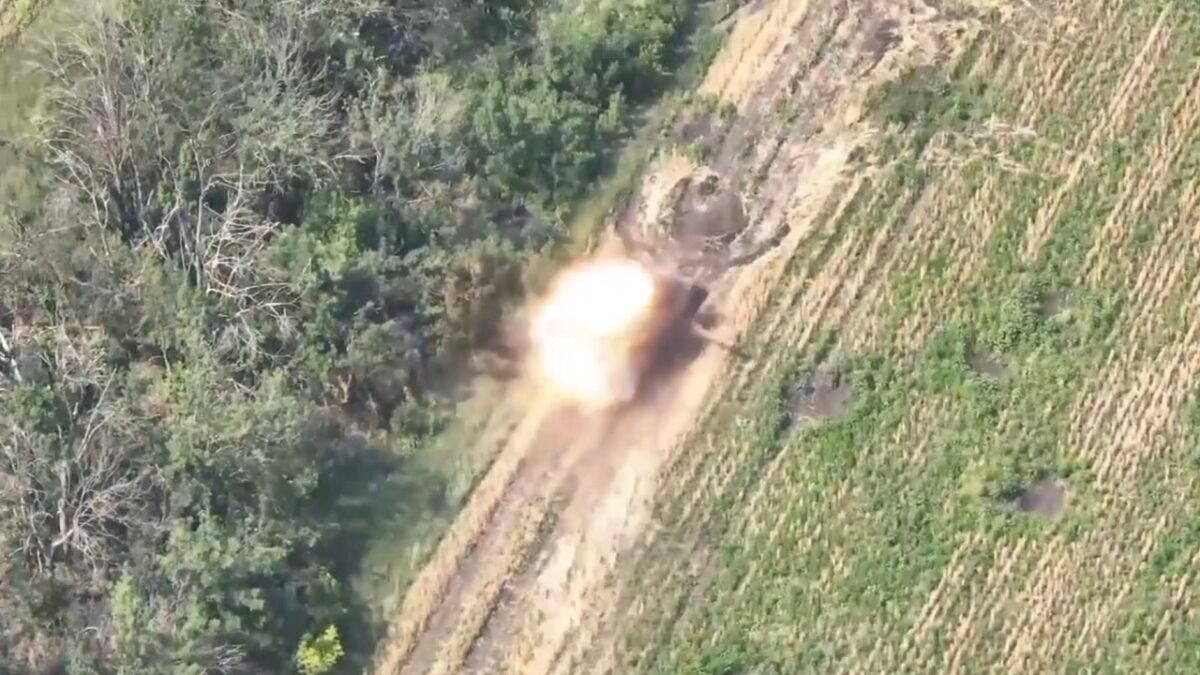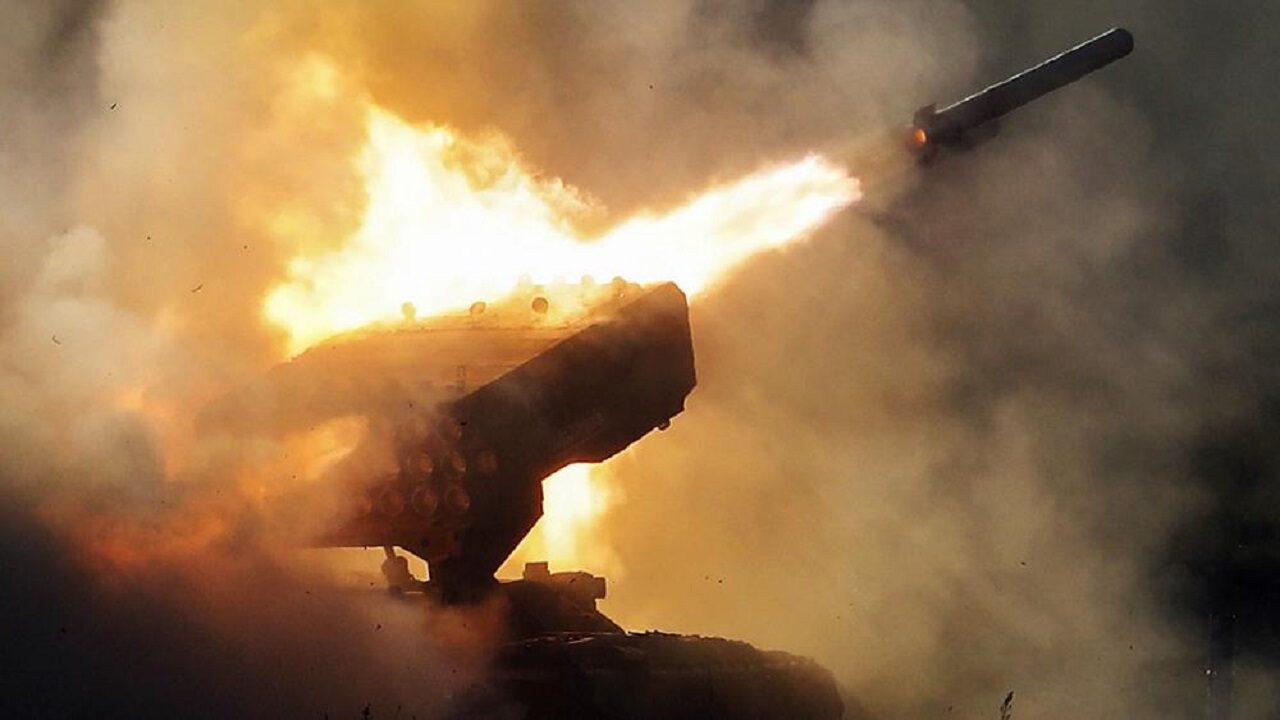Russia Reportedly Requested A Return to Negotiations As Ukraine Swept Up In Kharkiv – The Institute for the Study of War revealed in its latest assessment of the war in Ukraine that the Kremlin has acknowledged defeat in Kharkiv Oblast – a remarkable turning point in the war, particularly given that the Kremlin refused to admit defeat after being forced out of Kyiv in March.
After initially claiming that Russian troops in northeastern Ukraine were “regrouping” to double down on their assault in the Donbas, the Institute for the Study of War revealed that the Kremlin “acknowledged its defeat,” adding that it is “the first time Moscow has openly recognized a defeat.”
The fact that the Kremlin admitted defeat lends credence to a claim by Ukrainian Deputy Prime Minister Olga Stefanishyna this week about Kremlin officials reaching out to request a new round of negotiations.
Speaking to France24, Stefanishyna revealed that during the early days of this month’s counteroffensive, Russian officials reached out to express willingness to return to the negotiating table.
“Ukraine has never stepped back from the negotiations,” she told the French news outlet. “But given the gravity of the crimes Russia committed and continues to commit every month, the leverage for the negotiations is different from the one in February.”
Since then, Ukraine has gone on to liberate Kharkiv Oblast from Russian occupation entirely and is even making inroads in Luhansk Oblast. It means that, should negotiations go ahead, Ukraine will be negotiating from a position of power. But those negotiations may not happen for some time yet.
In an opinion piece published on Wednesday, University of Birmingham professor of International Security, Stefan Wolff, argued that the next Ukrainian offensive may be what it takes to finally bring Russia to the negotiating table.
Wolff, an expert on international crisis management, argued that Ukrainian forces appear to have “reached their limits” in their current counteroffensive and that both sides will not “dig in for the winter.” With Russia still unable to match the weaponry being provided by the West to Ukraine, Wolff believes it’s only a matter of time before Russia decides to negotiate.
“The real turn of the tide in this war, therefore, may only be the next Ukrainian offensive which could bring Moscow to the negotiating table on Kyiv’s terms,” he wrote.
Peskov Hinted At Negotiations As Solution Earlier This Month
In early September, Kremlin spokesman Dmitry Peskov indicated that a return to the negotiating table was on the cards.
Speaking about the energy crisis in Europe, which he blamed on the “absurd” decisions of European politicians to sanction Russia, Peskov said that the Ukraine conflict will ultimately be resolved around the negotiating table.

Ukraine attacks Russian tanks as captured on Twitter. Image Credit: Twitter Video Screenshot.
“Any confrontation is followed by détente and any crisis situation is resolved at the negotiating table… this is what will happen this time as well,” the top Putin spokesman said, potentially opening the door to the possibility that Russia may accept some defeats in return for concessions from Ukraine.
Jack Buckby is a British author, counter-extremism researcher, and journalist based in New York. Reporting on the U.K., Europe, and the U.S., he works to analyze and understand left-wing and right-wing radicalization, and reports on Western governments’ approaches to the pressing issues of today. His books and research papers explore these themes and propose pragmatic solutions to our increasingly polarized society.

